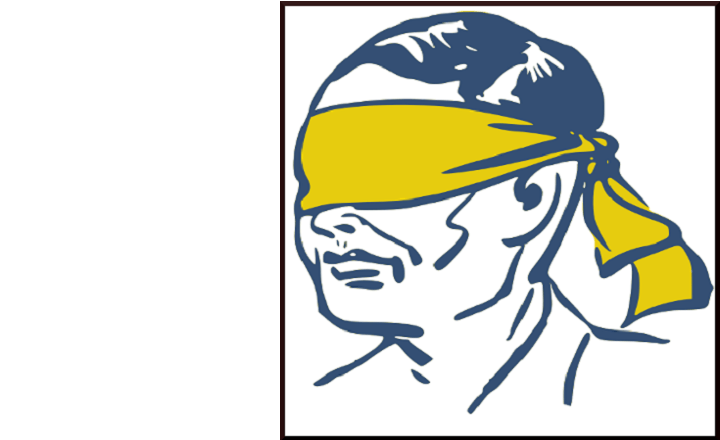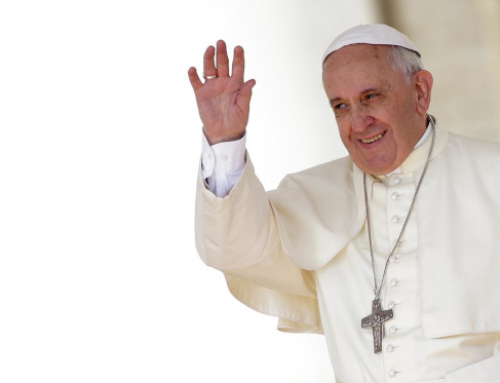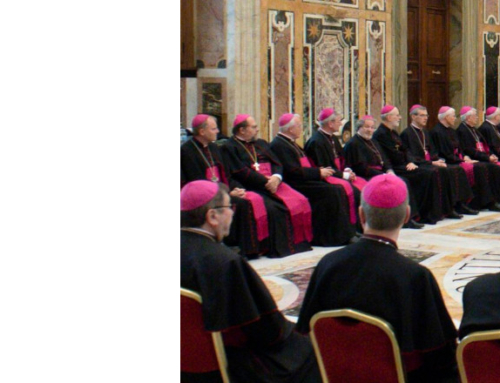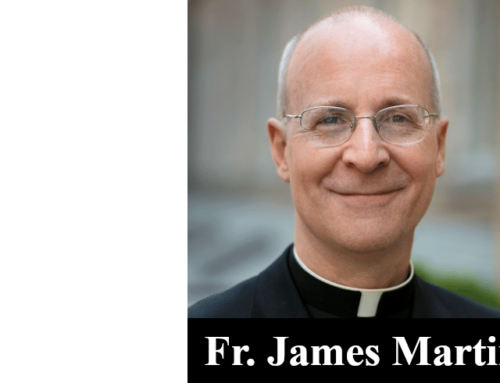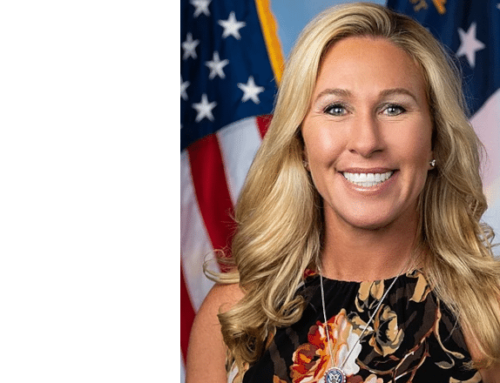Catholic League president Bill Donohue comments on the blinders that many in the media have seeing bigotry directed at Christian students:
If a gay or transgender person is bullied by students, the media are sure to highlight it. They should. But when Christians are victimized, the story gets little or no coverage. Some of this is deliberate, and some of it is not. While bias explains the former, cluelessness explains the latter. Occasionally, the media’s blinders even extend to deadly incidents.
On February 11, on the Oxygen channel, the “Killing Siblings” series featured a episode on the Freeman brothers, Bryan and David. In 1995, they committed matricide and fratricide, respectively; a cousin, Nelson Birdwell, contributed to the killing of the brothers’ father, Dennis. None of them claim responsibility for killing Erik, the 11-year-old brother of Bryan and David.
Bryan committed the first murder, killing his mother Brenda. He stabbed her four times in the torso with a kitchen knife, and once in her lung; for good measure, she was smashed with a barbell. Then David finished his father: he was beaten to death with a baseball bat. Assisting him was his cousin, who bludgeoned Dennis with the barbell. Young Erik was struck six times with a pickaxe, leaving him for dead. There was blood splattered all over the house.
Why did they do this? Killing one’s own mother and father is extremely rare. News reports say it is because the boys became neo-Nazis. This is true, but it is incomplete.
Most reports say that the brothers, Bryan and David, had been raised in a strict religious home and that they rebelled against their parents. After they rebelled, they took to drugs and alcohol, and it was in a rehabilitation center where they met Nazi skinheads.
The headline of the February 14 article posted by Oxygen.com reads, “2 Brothers Raised As Devout Christians Become Neo-Nazis, Then Kill Their Family.” Similarly, a post on the Oxygen website says, “Troubled, teen brothers rebel against their strict religious upbringing and become skinheads.”
As to be expected, the Wikipedia entry says, “They were a very religious family and they [the father and mother] brought up their sons as Jehovah’s Witnesses. Bryan and David resented their family lifestyle and turned to neo-Nazism.”
As it turns out, these accounts are seriously misleading. The evidence shows that the boys did not rebel against their parents until after they were bullied at school.
In the Oxygen article, it says, “Both parents had met in the local congregation of Jehovah’s Witnesses and brought their sons up in their faith, but the two older boys had begun rejecting it in junior high when they were bullied for their differences (my italics).” Then they turned to substance abuse and were sent to the rehab facility.
In the TV episode, Jaccii Farris, a journalist and filmmaker, was quoted as saying the following: “The kids at school would pick on them because they had to wear a suit and tie or because they couldn’t hang out with them. The taunts grew as they got older.”
In 1995, when the media covered this story, the only mention of bullying was what the boys did to others; nothing was said about the bullying that they experienced first. The reader and the viewer were left—and still are—with the impression that religion is the real problem, not the role played by bigoted students who stigmatized them, making them outcasts.
Why does this matter? If school officials had been attentive to the bullying of the Freeman brothers, perhaps they would have intervened, and perhaps future events might have been different. We will never know.
However, we do know that in the “sensitivity” classes that educators participate in, little is said about the diversity that Christian students represent. [Whether Jehovah’s Witnesses are legitimately identified as Christian is a separate matter—they say they are.]
It’s a sure bet that had it been the apparel of Muslim students that was the subject of derision, teachers and administrators would have sanctioned the bullies.
A 2019 Pew survey found that Catholic and evangelical students were much more likely to experience bullying in school than was true for mainline Protestant students or the religiously unaffiliated. This did not generate a lot of media coverage, but had it been the reverse, the outcome would have been different.
No student deserves to be bullied, and this is true across demographic categories. Of course, virtually every educator and reporter would agree with this observation. But for this to be more than an empty platitude, they need to take off their blinders and pay as much attention to Christians who are bullied as they do others.
In short, their cluelessness is a function of their politics.


